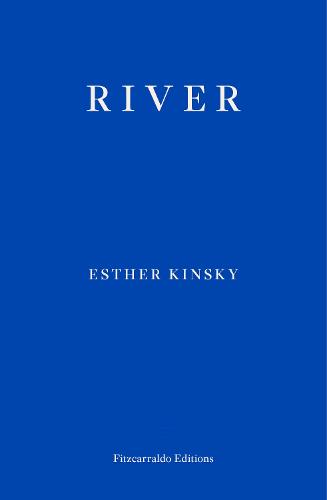The book defies easy categorization, blending elements of novel, essay, and prose poem with a focus on dreary yet richly detailed borderlands between nature and urban life. The reviewer finds it beautiful and engaging, appreciating its detailed observations and the narrator’s explorations along various rivers.
This review emphasizes how 'River' is a hybrid work that combines different literary forms, resisting neat classification as a novel or collection of stories. The settings are often bleak—wastelands, derelict factories, and marshlands—but the writing brings these places vividly to life through rich detail and careful observation. The narrator’s walks along the River Lea and other rivers become a way to explore life’s margins, capturing a world where nature and urban decay intersect. Despite the dreariness of the settings, the book is described as absolutely beautiful and deeply engaging. The reviewer admires how the narrative quietly unfolds through the narrator’s interactions with people, animals, and the environment, creating a contemplative and immersive experience. The photographic elements and the narrator’s reflections add layers of memory and meaning to the text, making it a thoughtful meditation on place, loss, and observation.
Quick quotes
Is it a novel? A collection of linked short stories? An extended prose poem? A series of lightly fictionalized essays? The answer, of course, is all of the above.
Nothing much happens in it, and the settings are uniformly dreary... Yet it is absolutely beautiful and engaging, rich with detail observed in both natural and urban settings.
She spends her days walking along the unprepossessing banks of the River Lea, exploring... observing plant, animal, and human life, and examining the artifacts of human life.
